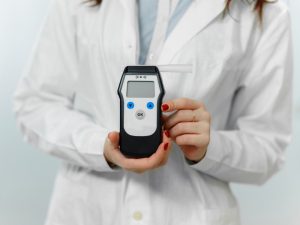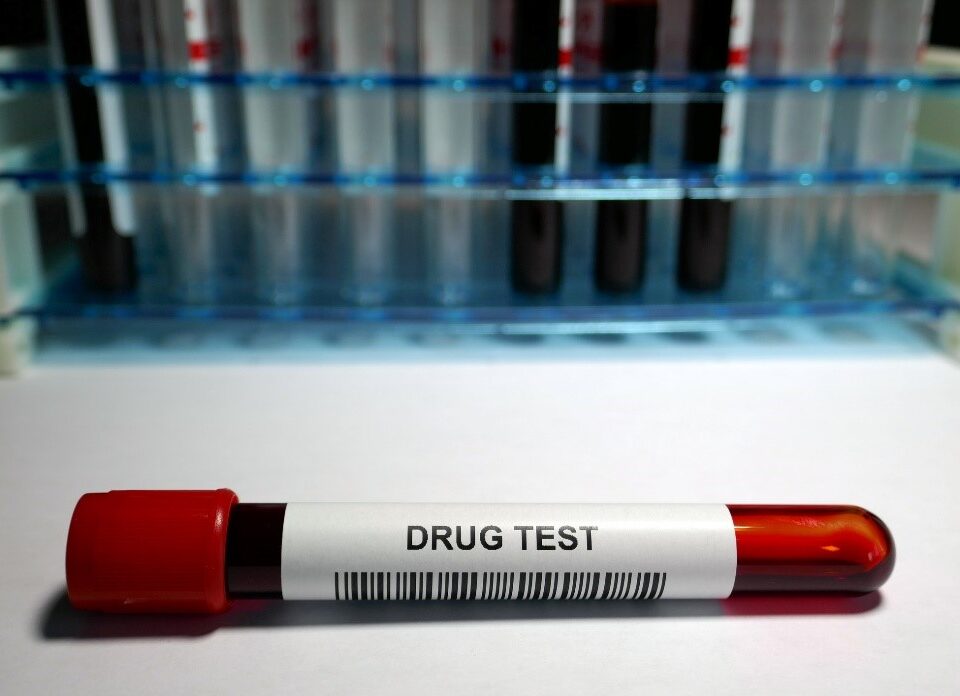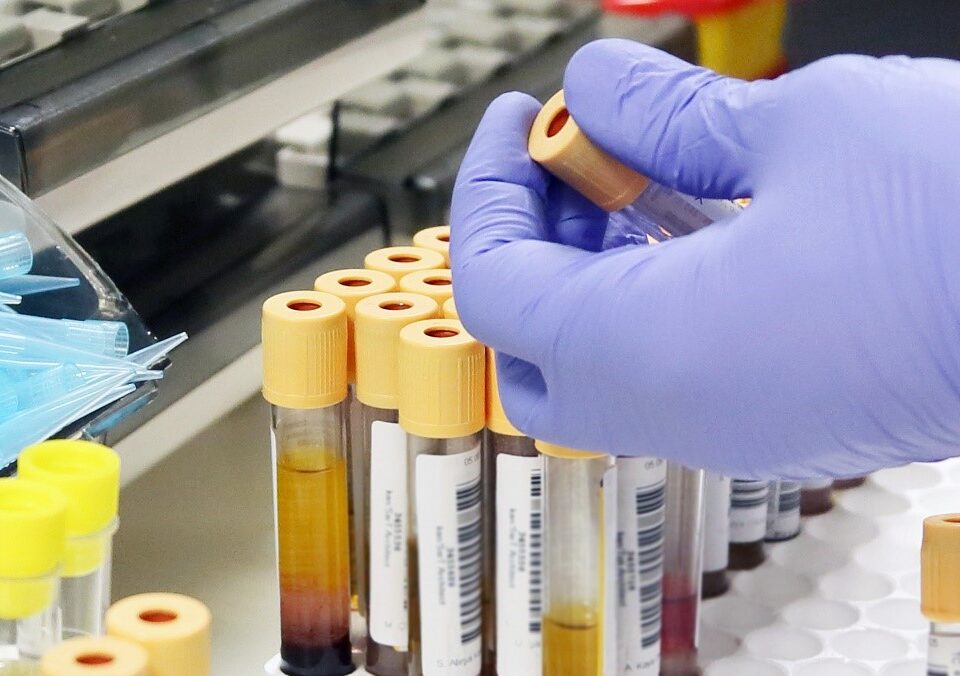Alcohol Screening 101: All You Need to Know About Alcohol Tests

Hair Follicle Drug Screening: Everything You Need to Know about the Test
December 29, 2017
New 2018 DOT Drug Testing Regulations!!!
January 16, 2018 When someone applies for a new job, part of the application process is often a drug test. Employers take this simple step to ensure that their potential employees aren’t involved in illegal activity and that they’re going to be a reliable worker. Not only do intoxicated employees increase the company’s liability for workplace accidents, but employed drug users are absent from the workplace 20 times more than those who are not taking drugs.
When someone applies for a new job, part of the application process is often a drug test. Employers take this simple step to ensure that their potential employees aren’t involved in illegal activity and that they’re going to be a reliable worker. Not only do intoxicated employees increase the company’s liability for workplace accidents, but employed drug users are absent from the workplace 20 times more than those who are not taking drugs.
While drug screening is extremely common, alcohol testing is not.
Why are employment alcohol tests so rare?
First, alcohol is legal for anyone over the age of 21, and most employers would not be surprised to learn that their employees imbibe alcohol from time to time. In addition, traditional urine tests can only detect alcohol for short periods of time, often mere hours after the last drink. Usually, alcohol tests are performed after a specific incident to determine if an employee was intoxicated at a given time. For instance, after a crash or an injury at work. Commercial drivers are often tested following an accident on the job to rule out intoxication as a cause of the accident.
Alcohol testing, commonly done by use of a breathalyzer device, can tell how much alcohol content is currently in the blood. So, what else is there to know about alcohol testing?
When a person is administered an alcohol test, they will have to blow into a breathalyzer. This device will determine their blood alcohol content. It’s important to note that this test only measures how much alcohol is currently in their body. Unlike a urine or hair follicle drug test, it does not measure past alcohol use.
Most companies that require a potential employee to be alcohol tested will let the person know ahead of time that doing so is part of their business. Typically, it will state all of their drug and alcohol testing requirements in their handbook, which can be obtained through Human Resources.
When is alcohol testing appropriate?
Alcohol testing isn’t done all the time. Employers will usually require it to be done only under very specific circumstances such as post-accident testing. This is done to determine whether the person was under the influence of alcohol at the time of the incident. There are also industry-specific situations that call for alcohol tests to be administered. Finally, if an employer is suspicious of an employe that may be under the influence on the job, these tests will allow managers to confirm whether or not an employee showed up to work under the influence.
As stated, if the industry is sensitive to alcohol, like the transportation industry, alcohol testing may be required by law. For example, The United States Department of Transportation says that a potential employee must be tested upon applying and that the applicant must be tested as soon as they accept an offer. This is to ensure that the person is prepared to operate a moving vehicle with people on board.
While drug testing is fairly common, alcohol testing may also be appropriate if the situation is right. The test is done to check to see how much alcohol one has in their body and if they are fit for the position they are applying for or holding.




